Transform your passion for makeup into a successful career as a professional makeup artist with tips from QC Makeup Academy’s ultimate guide.
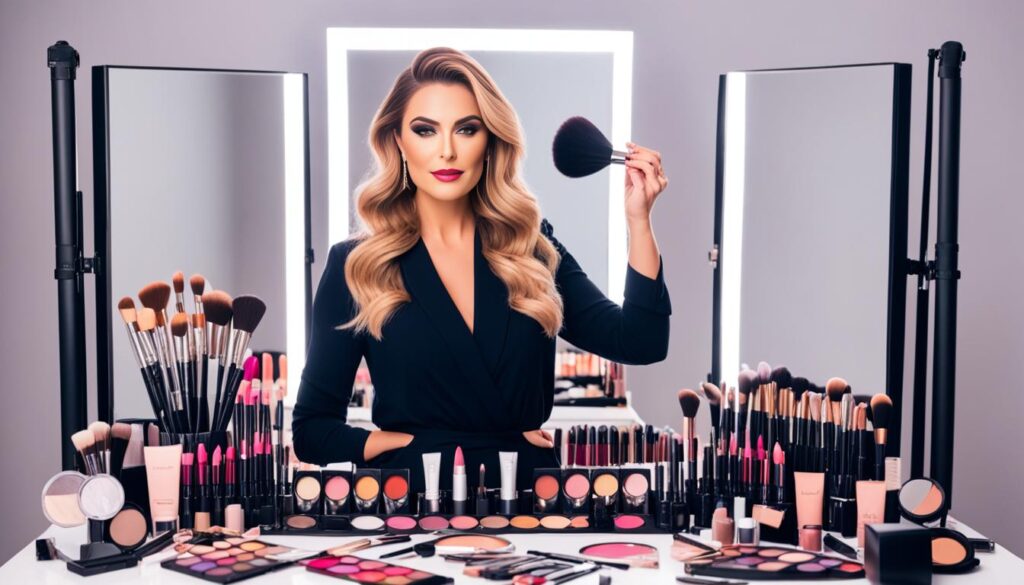
Ultimate Guide to Becoming a Successful Makeup Artist: Become a Makeup Artist Tips from QC Makeup Academy How to Clean Makeup Brushes Ever wondered what makes a makeup artist stand out in the beauty world? Is it just talent and hard work, or is there a secret? This guide shares valuable insights and tips to help you succeed. It’s perfect for both new graduates from QC Makeup Academy and those dreaming of starting their beauty business. Let’s explore what it takes to be a successful makeup artist today.
Key Takeaways
- Makeup artists can earn a “killer income” with the right skills and dedication.
- Professional makeup training significantly enhances long-term success and credibility.
- QC Makeup Academy offers flexible, online certification courses completed in 2-6 months.
- Specializations in bridal, editorial, and special effects makeup can boost marketability.
- Social media and real-world practice are essential for gaining experience and visibility.
Enrolling in a respected institution like QC Makeup Academy gives you top-notch training and opens doors to many career paths in the beauty industry.
Introduction to the Makeup Industry
The makeup industry is always changing and offers many chances for those who love beauty and creativity. If you’re considering becoming a makeup artist, this field can lead to different paths. You could work in fashion, entertainment, or help clients with their beauty needs.
Seasons affect a makeup artist’s work a lot. Artists can be booked for weeks ahead in busy times like weddings or holidays. But, they might have fewer jobs during slow seasons, like eyebrow shaping or selling products.
Makeup artists can earn more by offering color consultations or makeup lessons. This helps clients pick the right products and strengthens the artist’s bond with them.
There are many career paths for makeup artists. Some work as freelancers, for big brands, in salons, or start their businesses. Others might create and sell their makeup line. Having a strong portfolio is key to showing off your skills and flexibility.
In the U.S., makeup artists need different licenses based on the services they offer and where they live. Estheticians focus on skincare and makeup. Cosmetologists can do skincare, nail, hair care, and some makeup.
Sirabe-10-pcs-hair-cutting-scissors-set-professional-haircut-scissors-kit

Getting a makeup artist license can make you more credible and open up more chances. This means going to makeup school, passing exams, and getting practical experience. Internships and apprenticeships are also great for learning and building your portfolio.
Networking is very important in the makeup world. Making connections can lead to bigger opportunities and more exposure. A good website and social media can also help artists show their work and find clients.
Starting a career as a makeup artist takes hard work, always learning, and building your skills and network. By keeping up with new trends and techniques, artists can stay ahead and do well in this rewarding field.
Essential Skills for a Successful Makeup Artist
A successful makeup artist needs both technical and people skills. Knowing how to apply makeup well is key. This includes understanding color theory, different skin types, and how to make various looks that suit each client. Good communication and managing clients well are also crucial. They help you understand and meet your client’s needs, building trust and bringing them back for more.
Technical Skills: Makeup Application Techniques
Being skilled in makeup is the base of a great career in beauty. A pro makeup artist must be creative and precise in their work. They use tools like brushes and curlers to make looks that highlight each client’s best features. It’s important to know which products work best on different skin types for perfect results. For instance:
- Color Theory: Key for making looks that work well together.
- Skin Types Knowledge: Helps decide between oil or water-based products.
- Hygiene: Keeping tools clean to avoid spreading germs.
Soft Skills: Communication and Client Management
Good makeup skills are important, but so are being able to talk well and manage clients. Clear communication and trust with clients make their experience better and keep them coming back. This means:
- Interpersonal Skills: Making good connections with clients.
- Active Listening: Getting what clients want and need.
- Remaining Calm Under Pressure: Dealing with mistakes smoothly and quickly.
Great client management makes for a positive visit. It leads to more business and word of mouth, helping a makeup artist’s reputation grow.
| Skills | Importance |
|---|---|
| Makeup Application Techniques | Foundation of creating customized looks |
| Client Management | Builds trust and ensures repeat business |
| Communication Skills | Essential for understanding and meeting client needs |
| Creativity | Allows for unique and beautiful makeup designs |
Get Professional Training: QC Makeup Academy Overview
Joining a top makeup school like QC Makeup Academy is key for those serious about makeup artistry. The beauty industry is growing fast, offering many chances for skilled makeup artists. Training at a respected school helps you stand out in this competitive field.
Advantages of Enrolling in a Reputable Makeup School
Going to a top makeup school means you get a great education and training. QC Makeup Academy offers:
- Well-structured courses that cover everything from basic makeup to advanced techniques, building a solid foundation.
- Hands-on experience with various makeup styles, including special effects, editorial, and bridal makeup.
- Certification that shows you’re skilled in makeup artistry and boosts your industry credibility.
- Networking chances to meet industry experts and potential clients.
What You’ll Learn: QC Makeup Academy’s Curriculum
QC Makeup Academy’s courses give you a deep dive into makeup artistry. You’ll learn:
- Basic Techniques: Start with the basics of makeup application to achieve perfect looks.
- Advanced Techniques: Learn special effects makeup, editorial looks, and bridal styles.
- Hygiene and Safety: Understand the importance of hygiene and safety in makeup.
- Professional Development: Get tips on building a professional portfolio, managing your business, and exploring career paths in makeup artistry.
QC Makeup Academy is known for its flexible online training. This lets you learn at your own pace, fitting it into your life. It’s perfect for balancing school with other commitments. This flexibility helps you finish courses and get makeup certification, setting you apart in the beauty world.
With more job chances in beauty, choosing QC Makeup Academy is a smart move. It boosts your skills and gives you the confidence and credentials for a successful career.
Building a Professional Makeup Kit
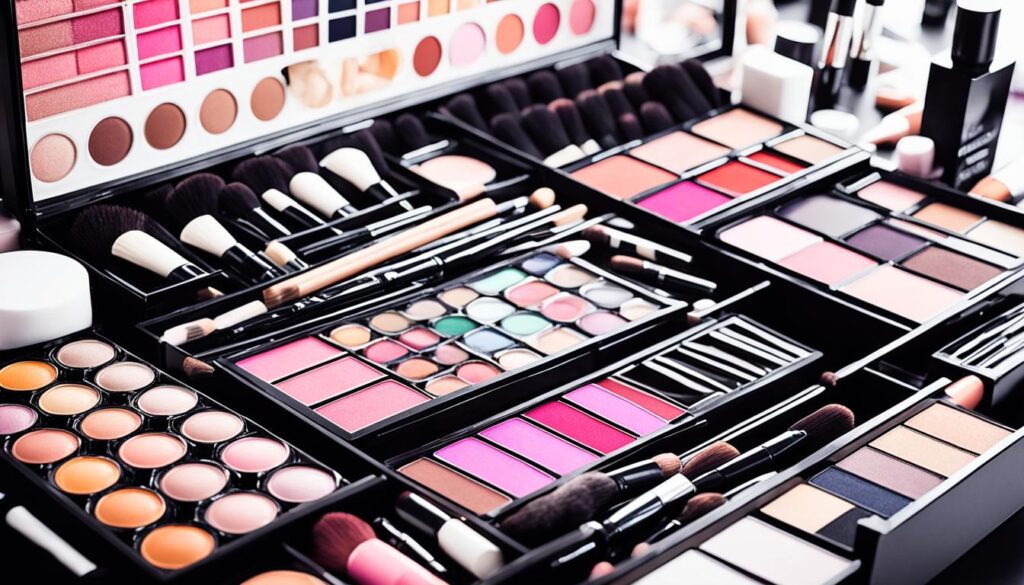
Creating a professional makeup kit is key for makeup artists. It makes sure you’re ready for any makeup job. With the right makeup products, you can always give great service. Let’s look at the main parts of a good makeup kit, along with some top picks and tips.
Primer is a must-have in every makeup kit. 80% of makeup artists say it’s crucial for smooth makeup application. Then, having many concealers is important for hiding blemishes and fixing skin tone. These techniques help make your client’s skin look flawless.
Liquid foundations in different colors are a must. 75% of makeup artists say to have several shades for various skin tones. For adding shape and highlight, contouring and highlighting products are a must. They let you shape your client’s features beautifully.
High-quality eyeshadows are also a must. 90% of makeup pros say to have a variety of colors and finishes. Lip and cheek colors in many shades, like nudes, reds, pinks, and plums, give you lots of options for different looks. Setting sprays is also crucial, with 70% of artists using them to keep makeup in place.
Don’t forget about quality brushes and applicators for precise and clean makeup. 85% of artists say it’s important to have makeup remover wipes, Q-tips, and disinfecting sprays for cleanliness. A portable ring light is also great for accurate makeup, as 70% of makeup experts agree.
| Makeup Kit Essentials | Recommendations |
|---|---|
| Primer | 80% of makeup artists recommend |
| Concealers | Various shades for color correction |
| Liquid Foundations | 75% suggest multiple hues |
| Contour & Highlight | 65% recommend for adding dimension |
| Eyeshadows | 90% recommend various colors/finishes |
| Lip & Cheek Colors | Various shades like nudes, reds, etc. |
| Setting Sprays | 70% recommend for makeup longevity |
| Quality Brushes | Essential for precise application |
| Cleaning Tools | 85% recommend for hygiene |
| Ring Light | 70% suggest for accurate application |
| Makeup Trolley | 95% recommend for storage and transport |
By picking the right makeup products and tools, you can build a full and versatile professional makeup kit. Keeping your kit clean and organized will make sure it’s always ready for you. This way, you can give top-notch makeup services anywhere, anytime.
How to Makeup Artist: Career Paths and Opportunities
Starting a career as a makeup artist opens up many paths and chances. You can work as a freelancer, specialize in bridal makeup, or even do special effects makeup. Digital platforms have also opened new doors in influencer marketing, letting artists build their brands online. Let’s look at some exciting career paths and what they offer.
Freelance Makeup Artist
Being a freelance makeup artist means you control your work and clients. It’s a great choice for its flexibility and entrepreneurial spirit. Most bridal makeup artists work for themselves, enjoying independence and creativity. Freelancing lets you offer a variety of services, from everyday looks to special event makeup.
Canon-EOS-Rebel-T7-DSLR-Camera

Working in Different Makeup Styles: Bridal, Editorial, & Special Effects
Specializing in makeup styles can grow your portfolio and attract more clients. Bridal makeup is very popular, especially on weekends. It needs attention to detail and a calm nature for the big day.
Editorial makeup is for high-fashion looks in magazines and shows. It requires creativity and the ability to set trends. Special effects makeup turns actors into amazing characters for movies and theater. It’s a complex skill that combines creativity and technical skills.
Opportunities in Social Media and Influencer Marketing
Social media has made influencer marketing a career option for makeup artists. Platforms like Instagram, YouTube, and TikTok let you show your skills to the world. Successful influencers use their makeup skills and also create content like videos and photos.
They can earn more by getting sponsorships and working with beauty brands. This can increase their income and reach.
Makeup artists make a mean annual salary of $99,990, or $48.07 per hour, as of May 2020. Earnings can go up based on location and specialization. For example, New York and California offer high average salaries.
The beauty industry, including makeup artistry, is expected to grow by 13% from 2016-2026. This is more than twice the average growth rate for all jobs. This growth means there are many opportunities for those who are passionate and hardworking in their makeup careers.
| State | Average Makeup Artist Salary (2020) |
|---|---|
| New York | $122,970 |
| California | $112,380 |
| District of Columbia | $110,850 |
| Florida | $70,670 |
| Texas | $69,550 |
If you want to get into the makeup industry, you need a strong plan. Learning about business strategies for the beauty industry is a good first step. For more information, check out this comprehensive guide.
Marketing Yourself as a Makeup Artist
Marketing your makeup business well is key to drawing in clients and doing well over time. A strong, professional online presence is a top strategy. This means having a well-made website, as 82% of makeup artists say it’s vital for marketing.
Also, think about adding an online booking feature; 67% of makeup artists say it makes customers happier. Showing off a wide range of makeup styles online, especially wedding makeup, is crucial. This is because 55% of makeup artists focus on it since it’s in high demand. Using social media is also a smart way to market, with 63% of makeup artists finding it helpful.
Working with other pros in the industry, like photographers, can help you grow your client list. Almost 58% of makeup artists team up with photographers to boost their portfolios. Being part of local fashion and bridal shows is another great way to meet potential clients. About 41% of makeup artists join these events to show off their skills.
Tools for managing clients can also cut down on missed appointments and keep clients coming back. Using automated text reminders can almost get rid of no-shows, which are usually 20% for businesses like yours. Systems like Goldie for booking online can help grow your appointments and make booking easy for clients.
| Strategy | Benefit |
|---|---|
| Professional Website | 82% importance for marketing services |
| Online Booking Feature | 67% increase in customer satisfaction |
| Diverse Portfolio | 73% key to attracting clients |
| Gift Certificates | Positive impact on revenue |
| Loyalty Cards | Tool for client retention |
| Automated Reminders | Almost 0% no-show rate |
| Referral Cards | Increased client base |
Building relationships in the industry is also key. Offering your services for free to friends and family can help you build a strong portfolio. This is what 46% of makeup artists suggest. Getting listed on Google Maps can also make you more visible, as 87% of pros do.
These steps together make a strong marketing plan for makeup artists. They help bring in new clients and build lasting connections in the industry.
Understanding Makeup Theory and Techniques
A skilled makeup artist knows that balance and focus are key. By mastering makeup theory, artists can draw attention to the right facial features. They create looks that are balanced and pleasing to the eye. Understanding makeup applications, like color theory and face mapping, helps artists highlight a client’s best features.
Importance of Makeup Theory: Balance and Focus
Makeup theory is vital for creating looks that are balanced and pleasing. Techniques like contouring and face mapping are key for different face shapes, such as oval, square, or hooded eyes. These skills work well with various skin types, tones, and ages.
Knowing about primary colors and how they work together can create stunning looks. Contouring uses shadows and highlights to define facial features, making the face look naturally sculpted.
Makeup artists gain a lot from learning from experts in the industry. This training can make makeup experiences 10 times better than usual. By adapting techniques to fit each client’s skin, makeup artists can create looks that work well for everyone.
Using a professional makeup course gives a deep understanding of these principles.
Creating Focus: Eyes, Lips, and Brows
Focus in makeup often goes to the eyes, lips, and brows. These elements are crucial for a cohesive look. Artists use eyeshadow, eyeliner angles, and brow shapes to catch the viewer’s eye.
Strategic eyeshadow placement and highlighting can make the eyes stand out. Wedding makeup, for example, is customized for different skin tones and types.
Luscious lips come from knowing the shape and using the right liners and colors. Well-groomed brows frame the face, adding symmetry and balance.
| Technique | Purpose |
|---|---|
| Contouring | Defines and sculpts the face |
| Face Mapping | Adjusts makeup to different face shapes |
| Eyeshadow Placement | Highlights and enhances the eyes |
| Color Correcting | Balances skin imperfections |
| Brow Shaping | Frames the face |
Makeup techniques guided by theory help create detailed and personalized looks. This ensures clients are happy and loyal. Professional education and practice keep artists up-to-date and innovative in the makeup world.
Networking and Building Relationships in the Beauty Industry

Networking is key in the beauty industry. It’s as important as improving your skills. As a makeup artist, connecting with others like makeup artists, estheticians, hairstylists, and photographers can lead to new projects and referrals.
Start by going to industry events. Trade shows, conventions, and workshops are great for meeting people. Research shows that makeup artists who go to these events are 40% more likely to find jobs. They also learn about what customers like, new trends, and what competitors are doing.
Join groups like the Makeup Artists and Hairstylists Guild or The Powder Group. These groups can help you move up in your career by 25%. They offer resources, events, and important contacts for your career.
Also, using social media like Instagram and LinkedIn can grow your network by 20%. Offering your services for free or at a discount to local events can increase your exposure by 15%. Working with local photographers and modeling agencies can also boost your portfolio by 30% and improve your networking.
Always follow up after events or projects. Sending notes or emails can strengthen your relationships by up to 50%. Getting advice from experienced professionals can also help you grow your career by 30%.
In the beauty industry, trust is everything. Good relationships can lead to more work and loyal customers. So, it’s worth the effort to build strong connections.
Conclusion
In this guide, we explored the many steps to a successful career in makeup artistry. It’s key to get the right training and improve your skills. Also, marketing yourself and building strong networks in the beauty industry is crucial.
Having a deep love for makeup pushes you to excel in various techniques. This includes perfecting eyeshadow blending, eyeliner, contouring, and highlighting. Using top-quality brushes and keeping them clean is important. It also helps you stay ahead with the latest beauty trends.
Starting your makeup career means relying on your confidence and passion. A strong portfolio and good online reviews can really help your career. Your clients will count on your skills to look and feel great. For tips on starting a successful business, check out this guide on starting a car wash. It offers valuable advice for any business venture.
FAQ
How do I become a makeup artist?
Start with a love for makeup and beauty. Then, sign up for a good makeup school like QC Makeup Academy. They offer full training and a professional certificate to help you succeed in the makeup world.
What are the essential skills I need to be a successful makeup artist?
To be a great makeup artist, you need to know how to apply makeup well. You should understand different skin types and how to style makeup. Also, being good at talking to clients and managing them is key.
What are the benefits of enrolling in QC Makeup Academy?
QC Makeup Academy gives you lots of benefits. You get full training, a strong portfolio, chances to network, and a well-known certification. This helps you find different jobs in the beauty world.
What should I include in my professional makeup kit?
Your makeup kit should have quality products for all kinds of clients and events. Make sure it has foundations, concealers, eye shadows, lipsticks, brushes, and clean products. These keep your work clean and top-notch.
What are the different career paths available for makeup artists?
Makeup artists can choose from many careers. You can work as a freelancer, focus on bridal or special effects makeup, or use social media. Each path has its own challenges and chances to shine.
How can I market myself as a makeup artist?
To stand out, work on your brand, manage your social media, and team up with photographers and event planners. Show off your skills with a professional portfolio, connect with clients online, and make friends in the industry to grow your career.
Why is understanding makeup theory important?
Knowing makeup theory is key to making great looks. It helps you use makeup to highlight features and bring out natural beauty. This includes how to place eyeshadow, shape brows, and use eyeliner.
How do I build relationships in the beauty industry?
To make connections, network with other pros like makeup artists, estheticians, hairstylists, and photographers. Go to industry events, join groups, and look for ways to work together. This builds a support network and gets you noticed.
What should I expect from a career in makeup artistry?
Makeup artistry is exciting and varied, with jobs in fashion, entertainment, bridal, and social media. With hard work, education, and passion, you can succeed in many roles. You could go from freelancing to running your own makeup business




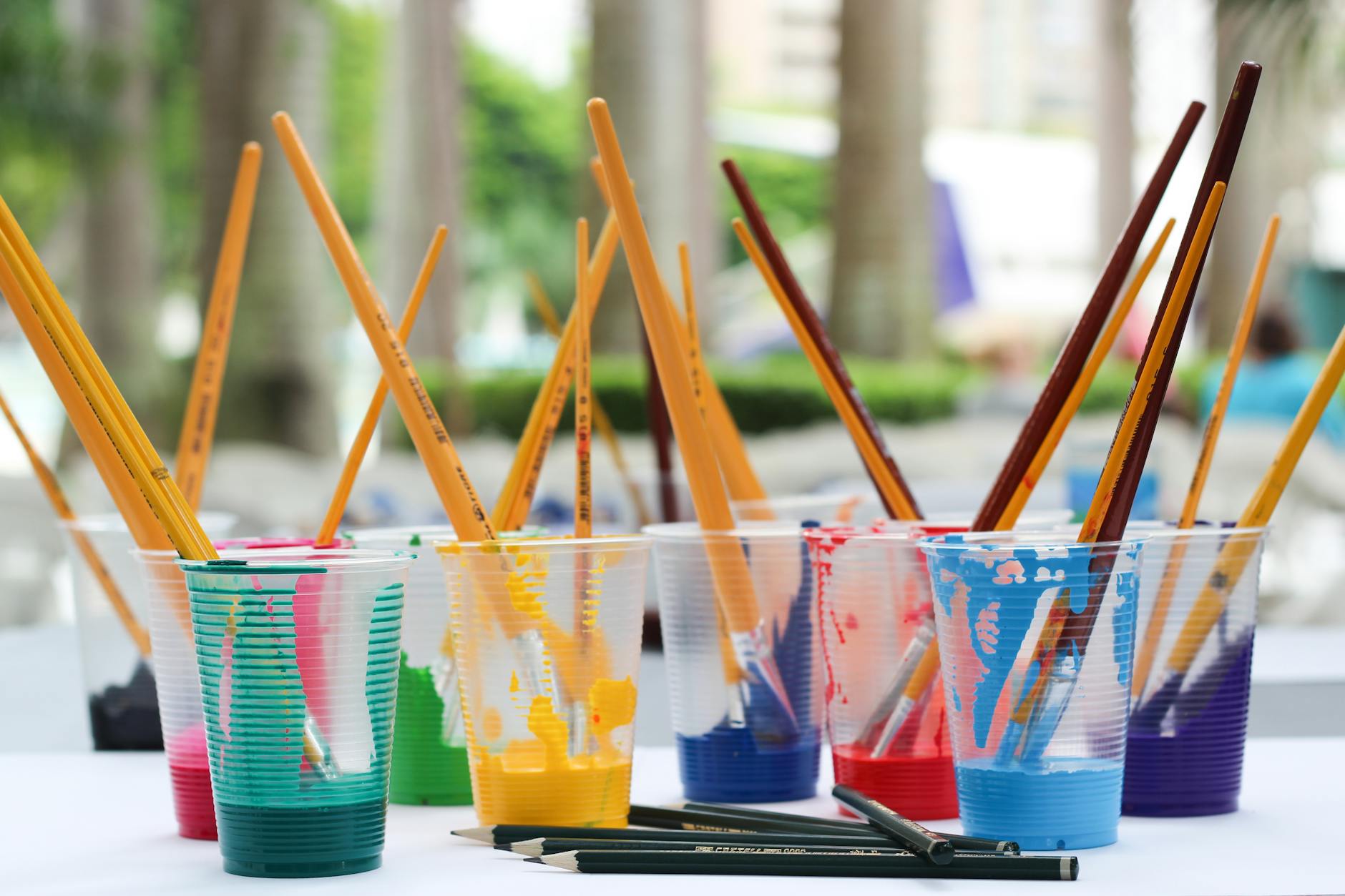


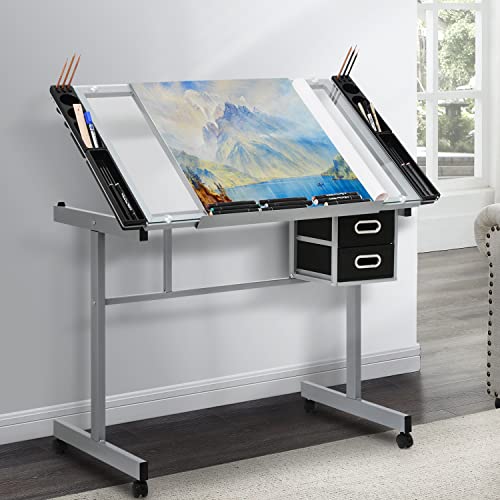

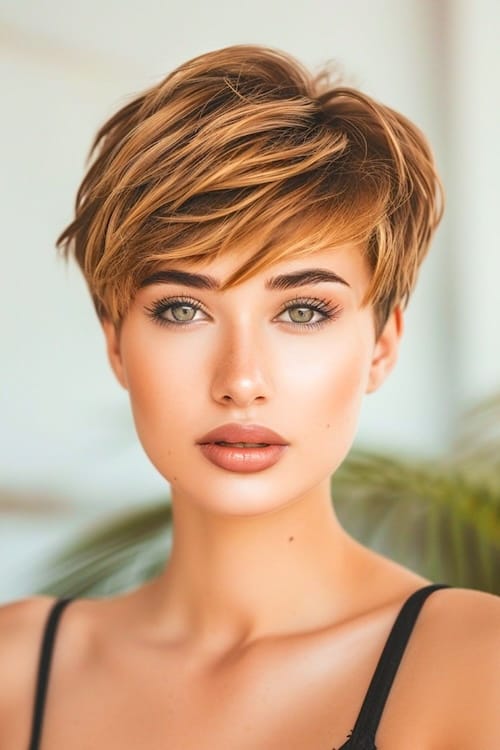


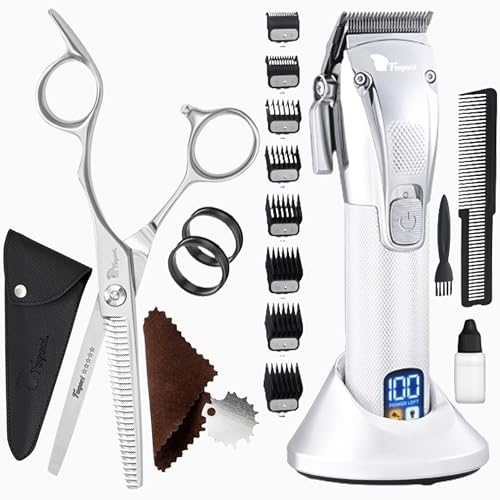
No responses yet